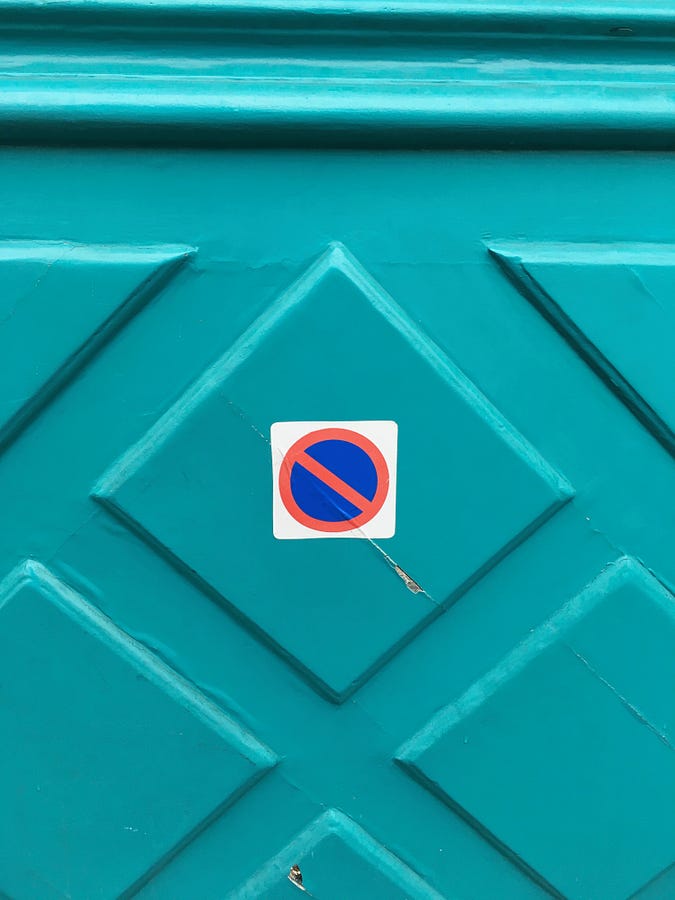Own Your Mistakes and Create a Lessons Learned Diary
Ouch!

You made a mistake! You screwed it up! Now what?
.
.
.
Own it!
Things happen. If you are not making mistakes, if you are not making a mess of things, then you are not engaged and you are not trying. If you are not making mistakes, then you are just standing on the sidelines, waiting for other people to do something. Consumer.
That is not you.

You are looking for the next thing. Looking to make changes. You are a producer. You are making an effort to better yourself and others. Yet sometimes stuff happens and it does not all go to plan. If you are making mistakes then you are showing the world that you are trying.
You are making an effort to do something that you have not done before. Guess what? You are a rock star for trying. You are doing something that most people are afraid to do. Yet now it is time to own your mistakes.
By the way, making mistakes is a good thing. It is a micro-success. It is a learning experience that gets you one step closer to your resolution. To that breakthrough.
No Excuses
By owning up to your mistakes, you are putting on your big girl pants. Wearing a mantle. That action of ownership makes you realize your efforts are going to change what happens next. If you make an excuse, it is somebody else’s fault — even when it is not.
Not even close.
Your behavior is going to change through ownership, primarily because you do not want to make the same mistake twice. This newfound wisdom that was earned by messing up on what you were trying to do previously becomes the architecture and roadmap for the next time you do that or a similar activity.

Most people find excuses.
The sun got in my eyes.
It was so-and-so’s fault.
These people, not you, find reasons for their mistakes and hide behind them like shields. They are afraid of being seen as incapable of doing the action correctly. The fragile ego that comes from the fear of making mistakes needs to be strengthened and solidified, which can only come from ownership. Stepping up.
You cannot be afraid of making mistakes, no fear. You most certainly cannot use excuses as to why the mistakes were made. Own it. You now need to create a log of those “lessons learned” from your mistakes and document the best practices.
A Lessons Learned Journal/Log/Bible/Diary can be simply made using a notebook, a notepad, or an Excel spreadsheet. The key is to document it, no matter the method. Depending on your dependence on technology and the level of effort you wish to use to capture Lessons Learned notes, just capture them. It may be a combination of a manual handwritten log that gets transferred to Excel or Access. Something that can easily be searched at a later date.
When creating the Lessons Learned Journal, you simply need to document the lessons you learned that were generated from that mistake. Identify the error or mistake by describing the situation in one sentence or a few words, capturing the essence of what you were trying to accomplish. Once you have identified the problem or the mistake you made, you need to also create and document the solution and fix to that mistake.
By documenting that learning effort helps you recognize potential problems earlier the next time you are in a similar situation. The key is to learn so that you will not make the same mistake again.
Opportunity — Missed posting the correct document to the server causing the team to lose three days while I was out of office and unable to be contacted.
Lesson Learned — Quality control. Making sure the document I created was posted to the correct folder and sending an email to the team indicating the location where it is before leaving town. Build a simple checklist to make sure the right information is in the right place.
By documenting these Lessons Learned, you can even create a “frequently asked questions” (FAQ) or your own Wiki that captures the challenges that may arise, identifying the failures you have made during a particular activity or process.
By creating this Lessons Learned document you can now share your wisdom and your knowledge of what you learned and help others to solve a similar problem. Imagine if you had someone on your shoulder being able to provide guidance during the same learning experience as you were when you made your mistake?
There is gold in those mistakes. The value exists.

Yet, this journal is not a substitute for those trying to learn some new subject matter without actually doing the activity, this journal gives them guidance and instruction to help them notice things that may become potential issues. It helps them to miss the potholes you found when you were tromping through the frontier. It helps them avoid an actual mistake or error.
Your Lessons Learned now becomes instructions and guidance for those that have not had the same experience as you have, and this can have great value for the guy or gal that uses it and it saves them days, weeks, or months of pain from making a mistake.
The same mistake you made one, three, or five years ago. It makes them more efficient and makes you a linchpin to the organization. It makes your value skyrocket because you have a strategic vision to ensure you do not make the same mistake twice.
You make the effort to document your mistakes so you can train your replacement. In the land of the blind, the one-eyed man is king. Use your experience and wisdom as foresight and guidance to grow your team, organization or business.
Go forth and be brilliant.
Comments
Post a Comment